student visa interviews The United States government has recently introduced a significant change in its visa policy that is expected to impact thousands of international students around the world. According to the new directive under the Trump administration, the scheduling of new student visa interviews (F, M, and J categories) has been temporarily halted across all U.S. embassies and consulates globally. The decision comes as part of a broader move to enhance national security through the examination of visa applicants’ social media activity before approving their entry into the country.
This policy shift marks a critical moment for students planning to study in the United States, particularly those applying for undergraduate, postgraduate, or exchange programs. While previously the visa process focused mainly on academic credentials, financial documentation, and background checks, the current administration has expanded the vetting process to include a thorough review of applicants’ online presence. This includes an analysis of social media platforms like Facebook, Instagram, X (formerly Twitter), TikTok, LinkedIn, and others that may reflect a person’s ideology, activities, or affiliations. “Alert: U.S. Pauses Student Visa Interviews to Enforce Powerful Social Media Screening!”

student visa interviews The new rule does not cancel already scheduled interviews, but all new requests for appointments have been paused. U.S. officials say the pause will allow them to implement a more robust system of security screening using AI-powered tools and manual reviews to flag any potential security concerns arising from an applicant’s digital footprint. The policy is also part of a growing global trend where countries are leveraging social media to assess the trustworthiness of visitors and migrants.
This change has sparked debate among education experts, immigration attorneys, and student communities worldwide. Many argue that social media is not always a reliable indicator of a person’s true character or intentions. Satirical posts, political opinions, or even following controversial pages may lead to misinterpretations that could harm an applicant’s chances unfairly. Nevertheless, supporters of the policy believe it is a necessary precaution in an age where digital activities can pose real-world risks.
student visa interviews aiming to study in the U.S. in upcoming intakes are now advised to thoroughly review their public online profiles and remove or restrict access to any content that could be deemed inappropriate or controversial. Legal experts recommend that applicants avoid sharing or engaging with politically sensitive or extremist content, even jokingly, as it may be misread during the vetting process.
Furthermore, this move could lead to delays in the processing of student visas, causing complications for students with strict university deadlines or semester start dates. Educational institutions in the U.S., many of which depend heavily on international enrollment, may also face a temporary drop in international admissions as a result of this policy. Universities have already begun issuing advisories to incoming students regarding the importance of digital hygiene and the potential visa implications.
Despite the backlash, the Trump administration insists the decision is temporary and aimed at protecting the country without shutting its doors to international students entirely. According to State Department officials, the U.S. remains committed to hosting global talent, but with higher levels of scrutiny to ensure safety and compliance with American values.
To navigate this evolving situation, prospective students should stay informed through official government websites such as travel.state.gov and U.S. embassy announcements in their respective countries. Additionally, seeking advice from educational consultants and immigration attorneys can help applicants prepare effectively for the new vetting criteria. “Breaking: The U.S. Suspends Student Visa Interviews Amid Strict Social Media Screening!” “Urgent Update: U.S. Halts Student Visa Interviews with Tough Social Media Checks!”
student visa interviews In conclusion, while the United States remains a top destination for higher education, the new student visa policy introduces an added layer of caution and preparation for international applicants. Social media is no longer just a personal platform—it is now part of the visa decision process. Students who adapt proactively by managing their digital presence and following official updates are more likely to navigate this change successfully and continue their academic journey in the U.S. student visa interviews
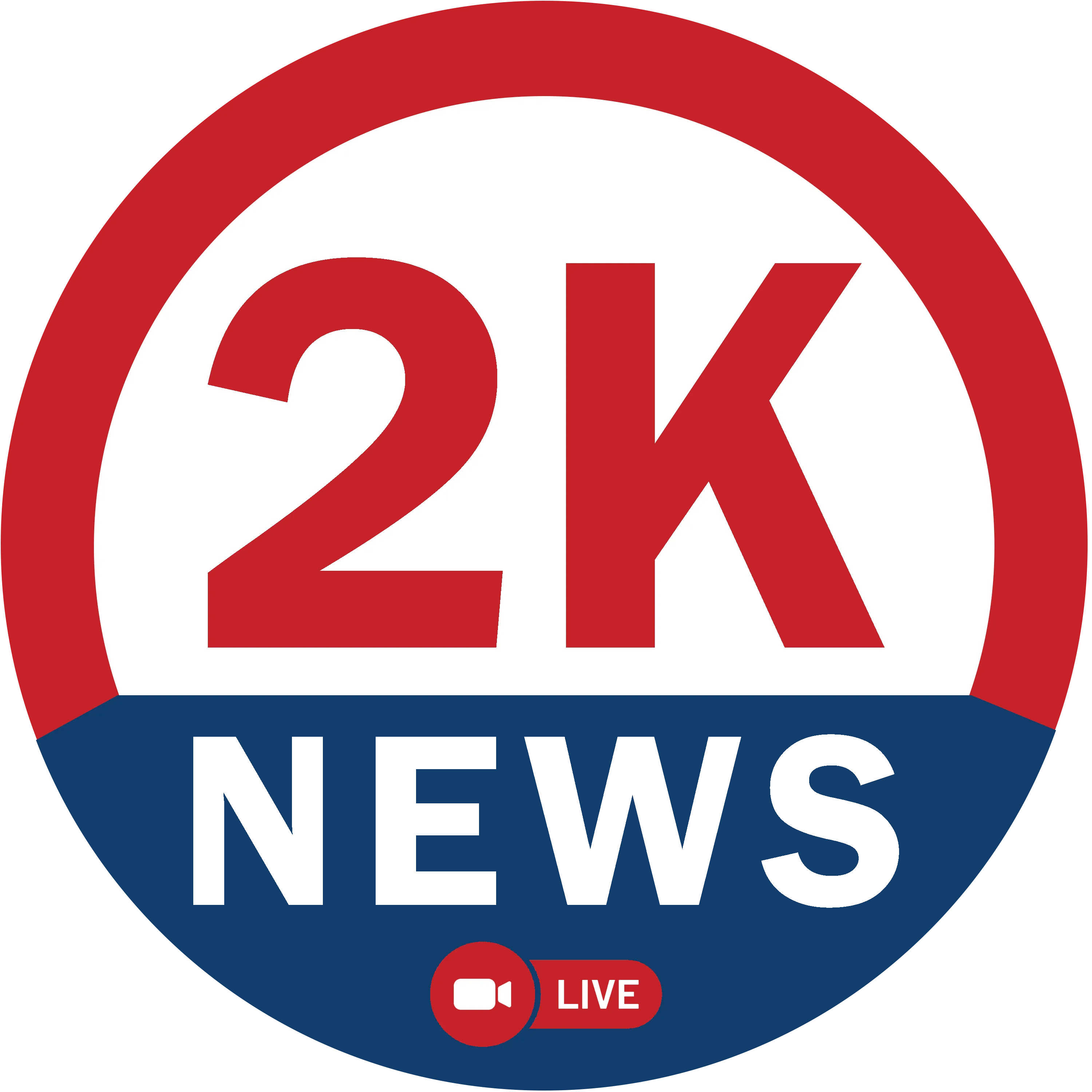
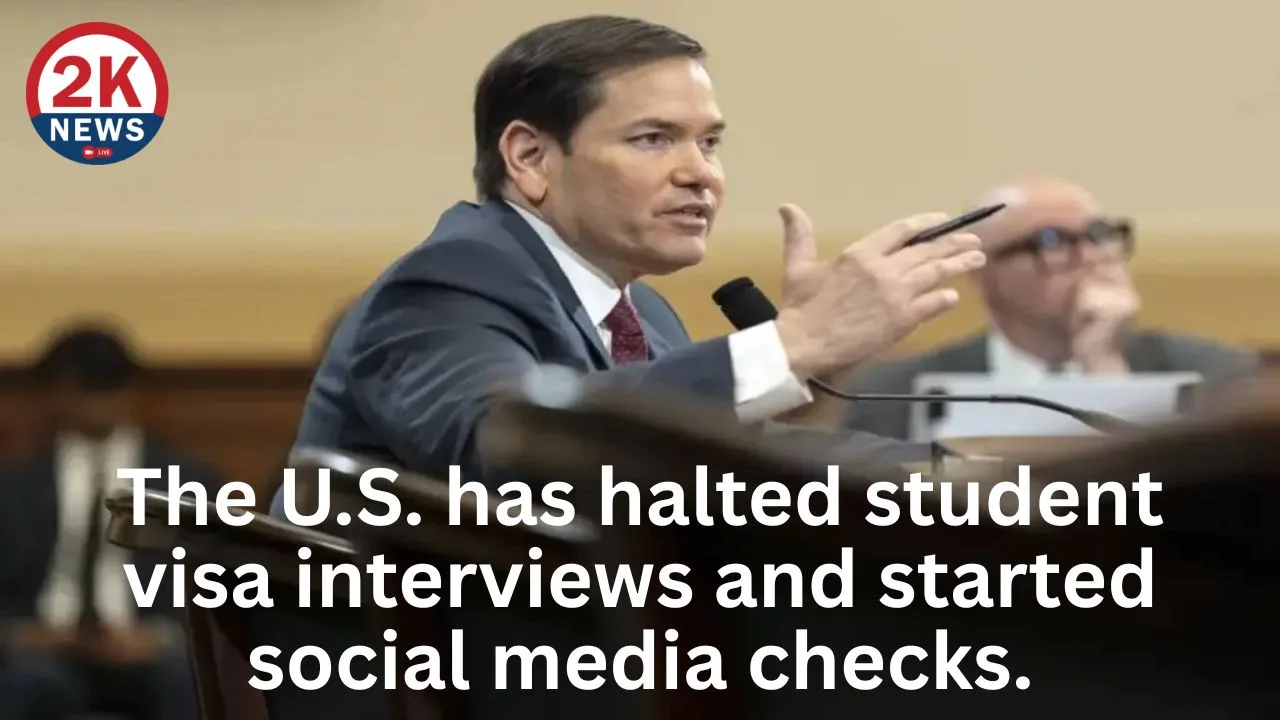





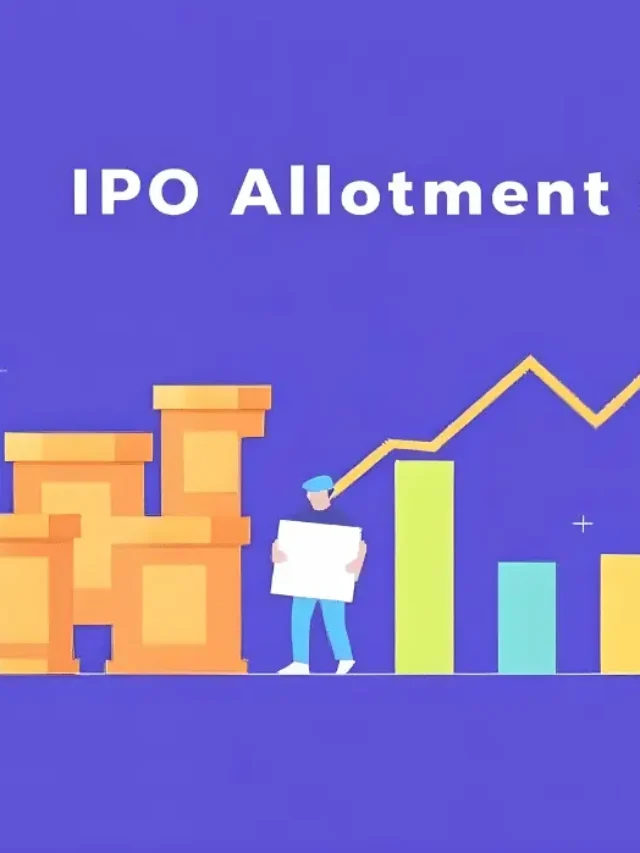


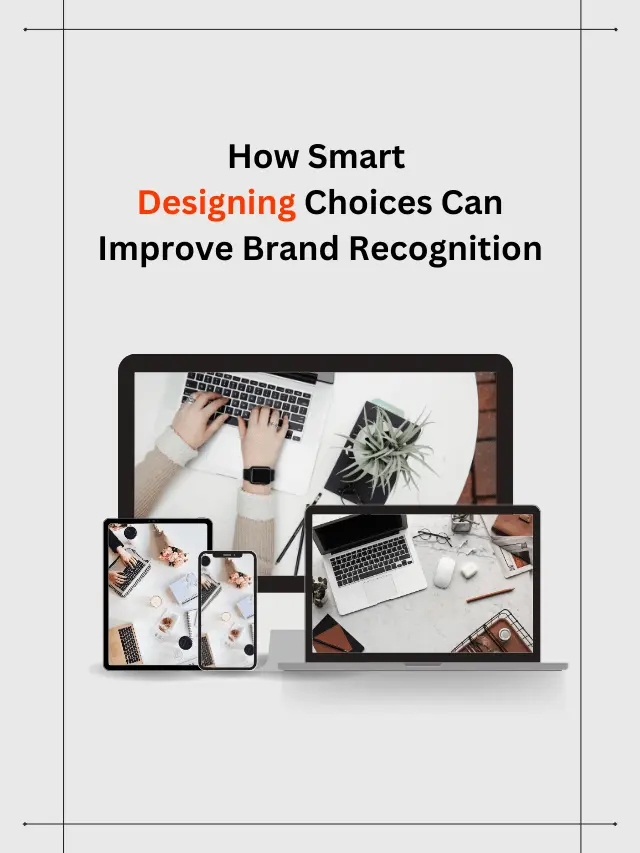




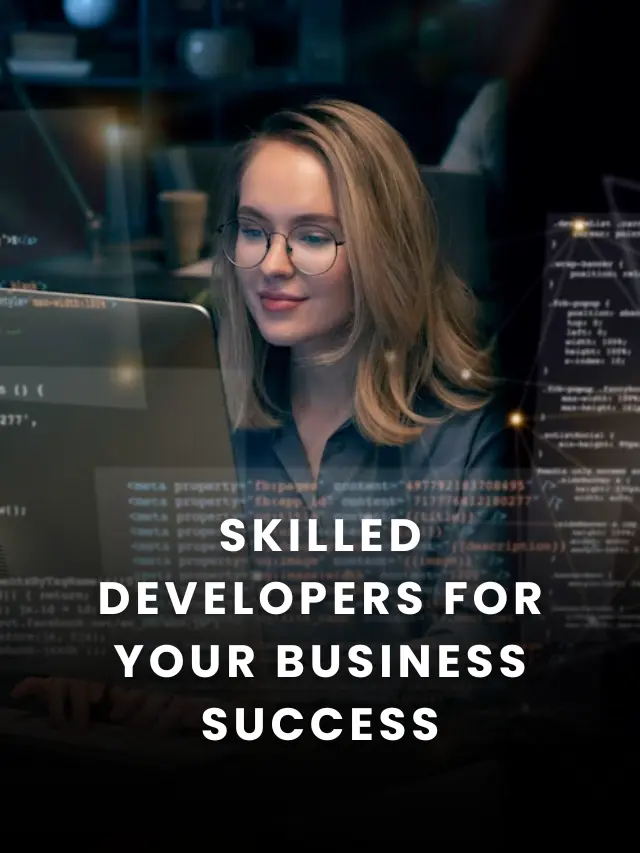
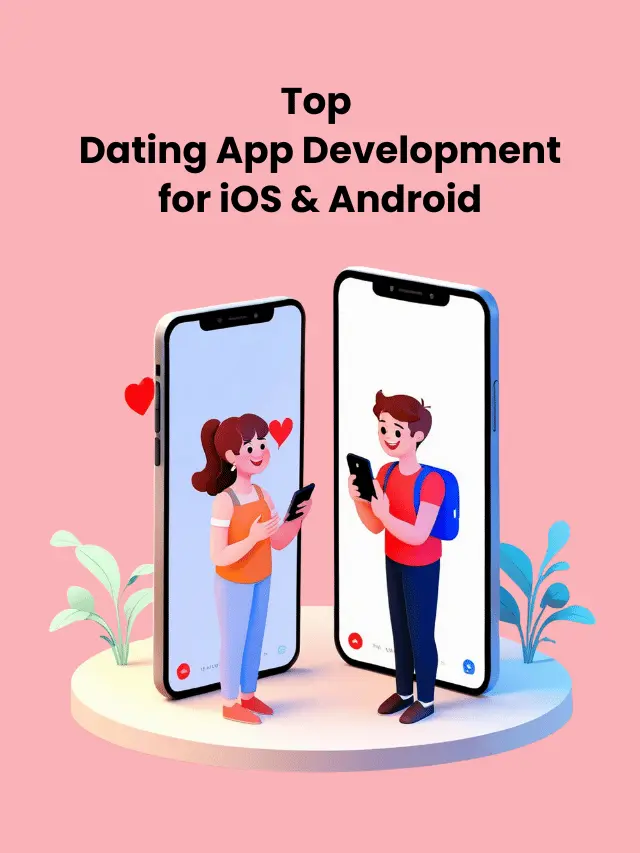
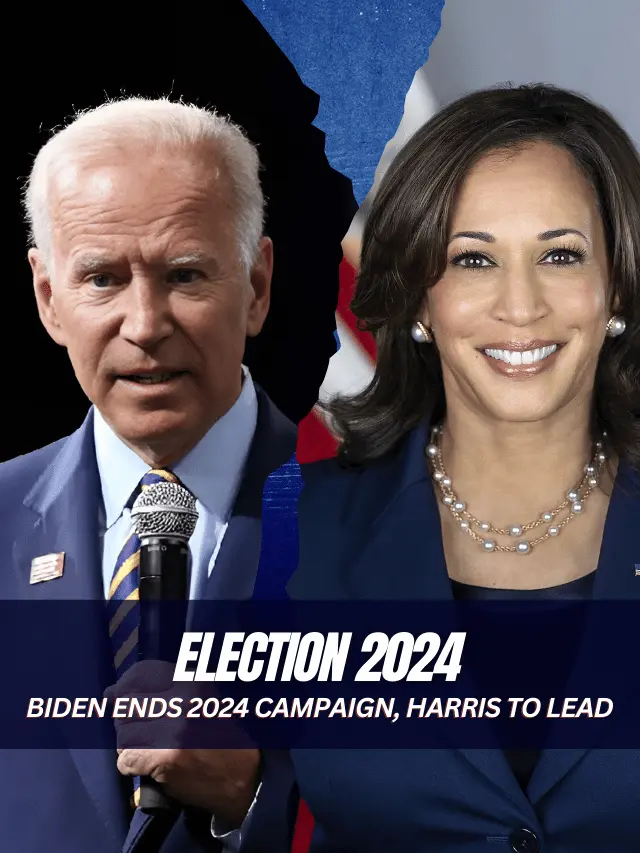

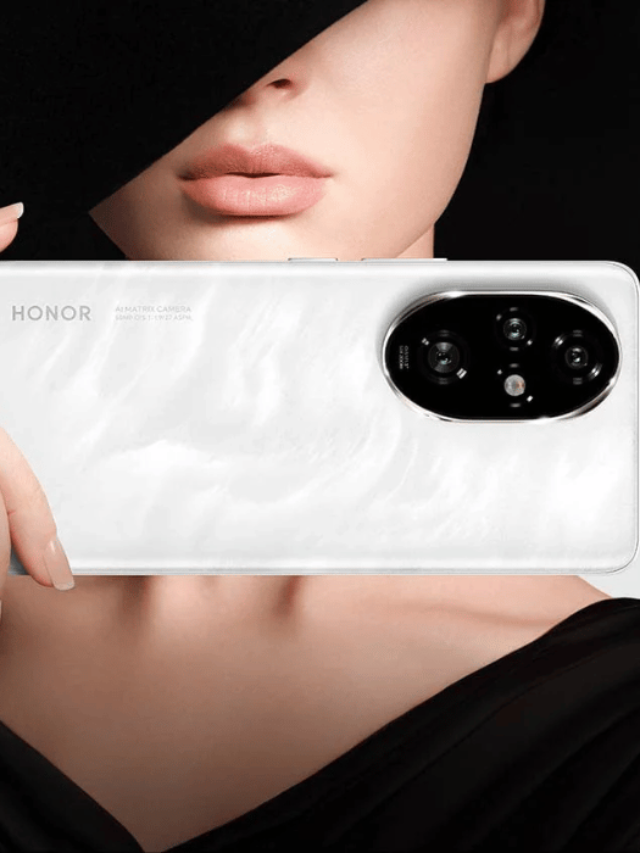
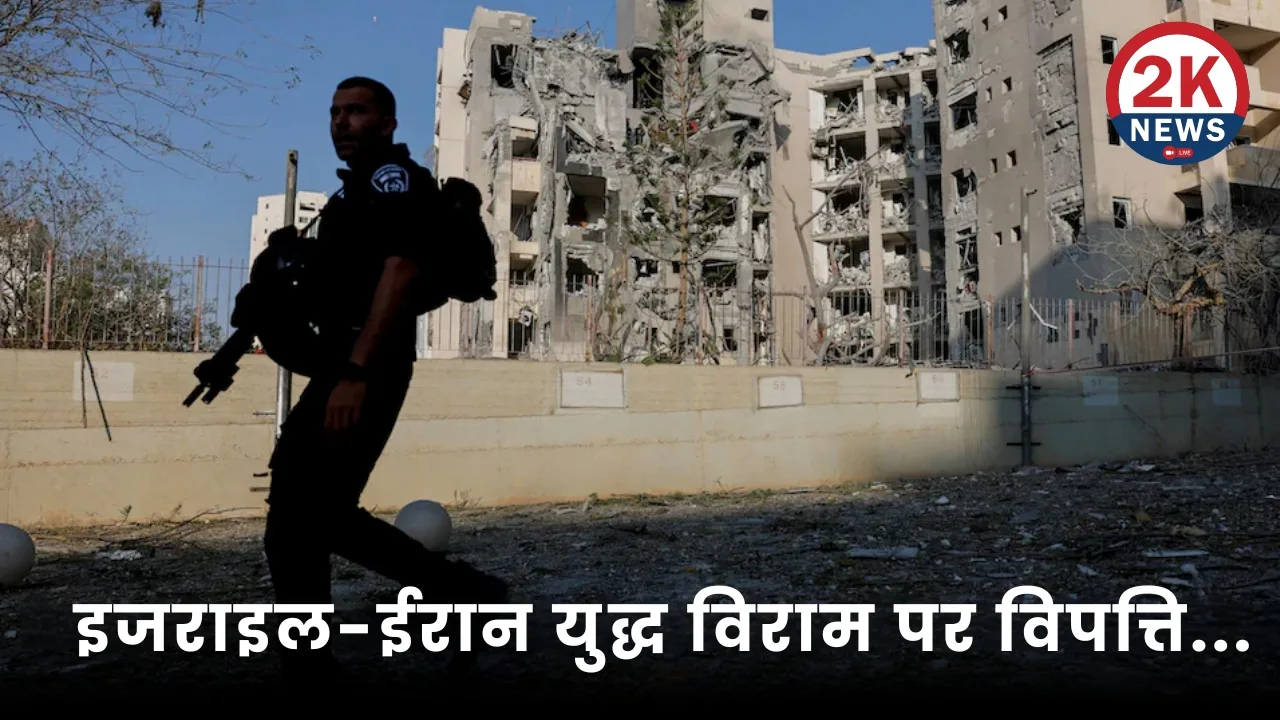
One thought on “The U.S. has halted student visa interviews and started social media checks.”